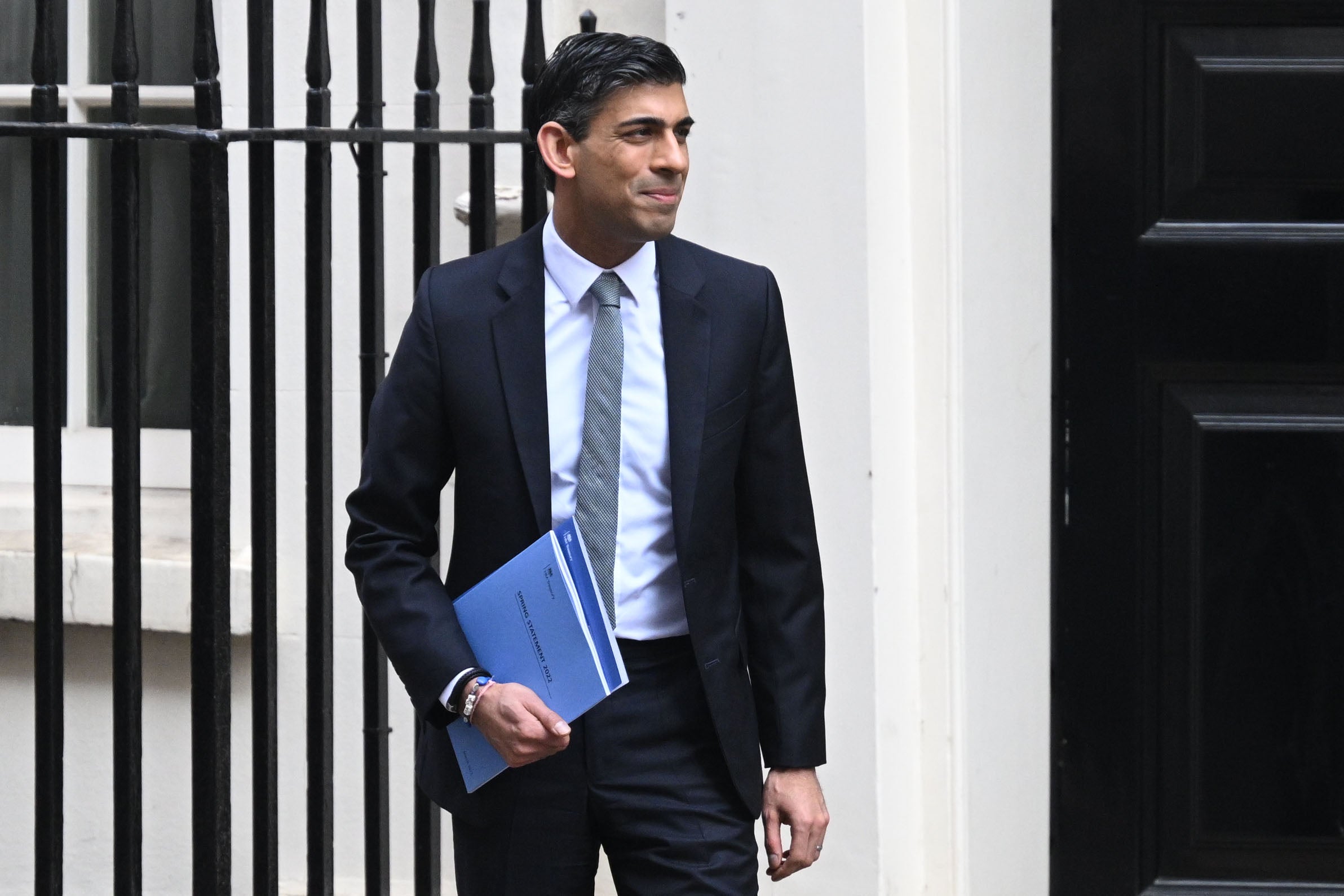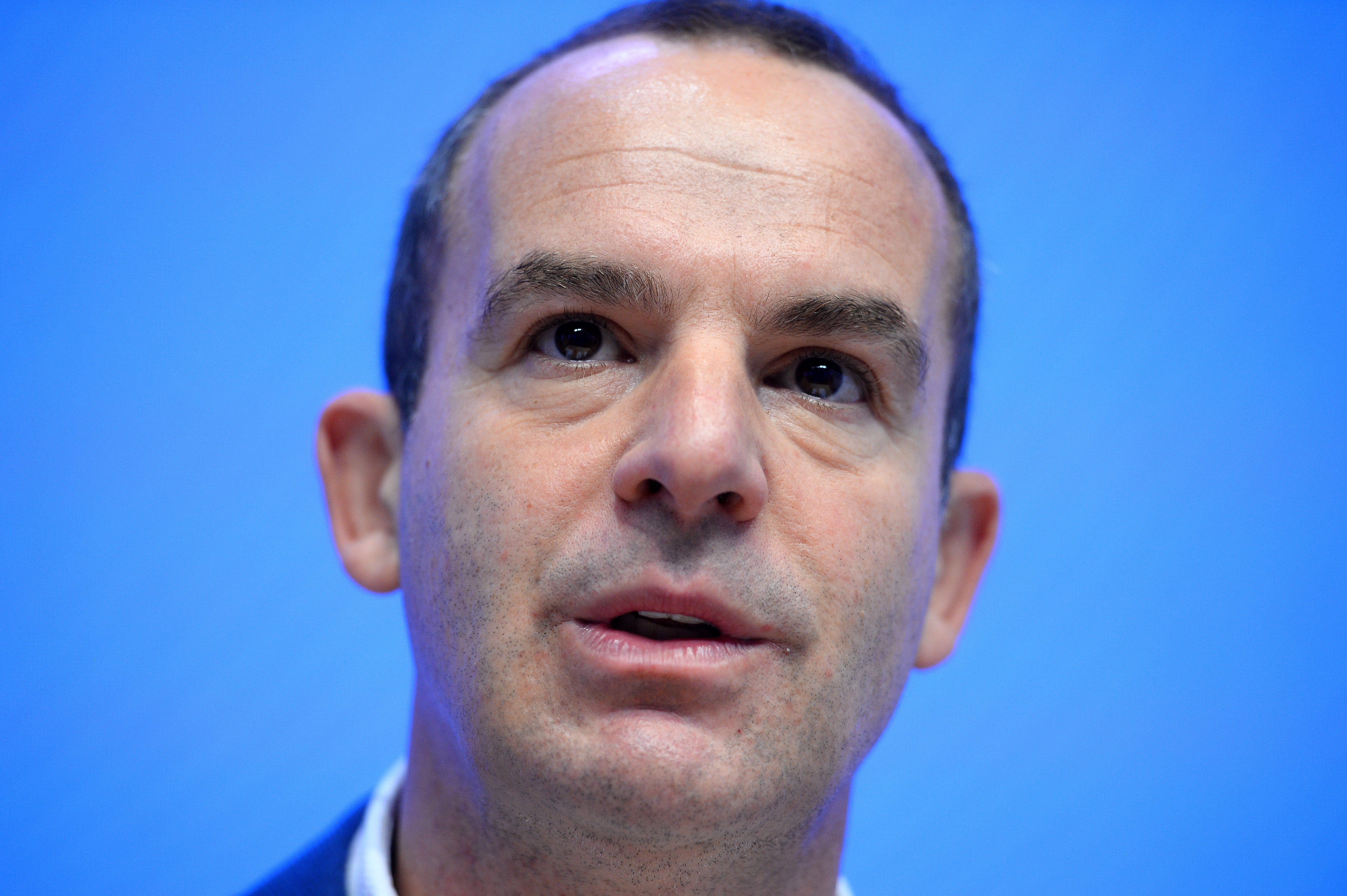What is the £500m Household Support Fund and how to apply for it
The grant will be doubled to £1 billion from April, but what does that mean for you?

Your support helps us to tell the story
From reproductive rights to climate change to Big Tech, The Independent is on the ground when the story is developing. Whether it's investigating the financials of Elon Musk's pro-Trump PAC or producing our latest documentary, 'The A Word', which shines a light on the American women fighting for reproductive rights, we know how important it is to parse out the facts from the messaging.
At such a critical moment in US history, we need reporters on the ground. Your donation allows us to keep sending journalists to speak to both sides of the story.
The Independent is trusted by Americans across the entire political spectrum. And unlike many other quality news outlets, we choose not to lock Americans out of our reporting and analysis with paywalls. We believe quality journalism should be available to everyone, paid for by those who can afford it.
Your support makes all the difference.In his mini budget this week, chancellor Rishi Sunak unveiled new and updated measures to help people tackle the ongoing cost of living crisis.
Mr Sunak’s Spring Statement addressed the state of the economy as well as his plans to help ease the impact of rising inflation and soaring energy bills as the UK faces the biggest fall in living standards since the 1950s.
One of the key announcements from the statement was the chancellor’s plan to double the £500 million Household Support Fund to £1 billion to provide extra help for the most vulnerable families.
What is the Household Support Fund?
The Household Support Fund was announced in September last year as a grant to support people recovering from the impacts of the pandemic and respond to the shock of rising utilities food and energy bills.
Announcing the new measures last year, work and pensions minister Therese Coffey said: “Our targeted Household Support Fund is here to help those vulnerable households with essential costs as we push through the last stages of our recovery from the pandemic.”

Mr Sunak added: “Our new Household Support Fund will provide a lifeline for those at risk of struggling to keep up with their bills over the winter, adding to the support the government is already providing to help people with the cost of living.”
The grant was given to local councils and subsequently distributed to households hardest hit by rising energy bills, the end of furlough and the scrapping of the £20 uplift in Universal Credit.
Local authorities use their own discretion in grant determination to applicants so amounts received may vary between households depending on circumstance.
Why has the fund been doubled?
Chancellor Rishi Sunak announced the support fund will be doubled “to help the most vulnerable households with rising costs”.
In his Spring Statement, Mr Sunak said “the government is also providing an additional £500 million for the Household Support Fund from April, on top of the £500 million already provided since October 2021, bringing total funding to £1 billion.”
Local authorities will receive the extra funding from April and according to the chancellor the additional support means the government is “providing support worth over £22 billion in 2022-23.”
How can I apply for the fund?

Individuals councils will set the criteria for eligible applicants based on specific levels of need in that area. For example in the London Borough of Enfield, the grant is distributed by the council identifying those most in need from schools and benefits information it holds, whereas Birmingham City Council demands applicants go through an assessment process to determine eligibility.
By any means, the process of applying begins through your local council’s website to confirm its chosen means of distributing the funds. Search “Household Support Fund” on your council website for more details.
As the fund is designed to help ease the impact of the cost of living crisis, the pay-outs are not massively significant funds with some councils distributing up to £150-200 cash payments only for families to cover utilities, food and bills.
What has the reaction been?
On Twitter, financial journalist and money saving expert Martin Lewis said the decision to double the support fund “won’t impact” the majority of low-income households who will need it most.
“If that's all he's doing on energy - it is limited and won't impact the majority of households who will see a likely £1,300 average increase in year-on-year bills by October,” Mr Lewis said.

“My head has sunk. I just hope there's a rabbit to come out of the hat.”
Dan Paskins, the director of UK Impact at Save the Children, explained: “The measures the chancellor has announced will benefit those on middle and higher incomes most and won’t come close to closing the gap rising prices have left in family budgets.
“And while we welcome the continuation of the Household Support Fund, it’s designed for one-off unexpected costs, so this measure is grossly insufficient when families are facing soaring costs every day.
“The government must do more. The best way to support the families who are struggling most is to increase social security payments by at least to match the rate at which prices are increasing.”
Torsten Bell, the chief executive of the Resolution Foundation, added: “Household Support Fund being doubled to £1billion is the main measure focused on lower-income households (discretionary fund handed out by councils).
“That is a total disaster if it really is for support for low and middle-income households (ie no extra benefits uprating).”
Join our commenting forum
Join thought-provoking conversations, follow other Independent readers and see their replies
Comments